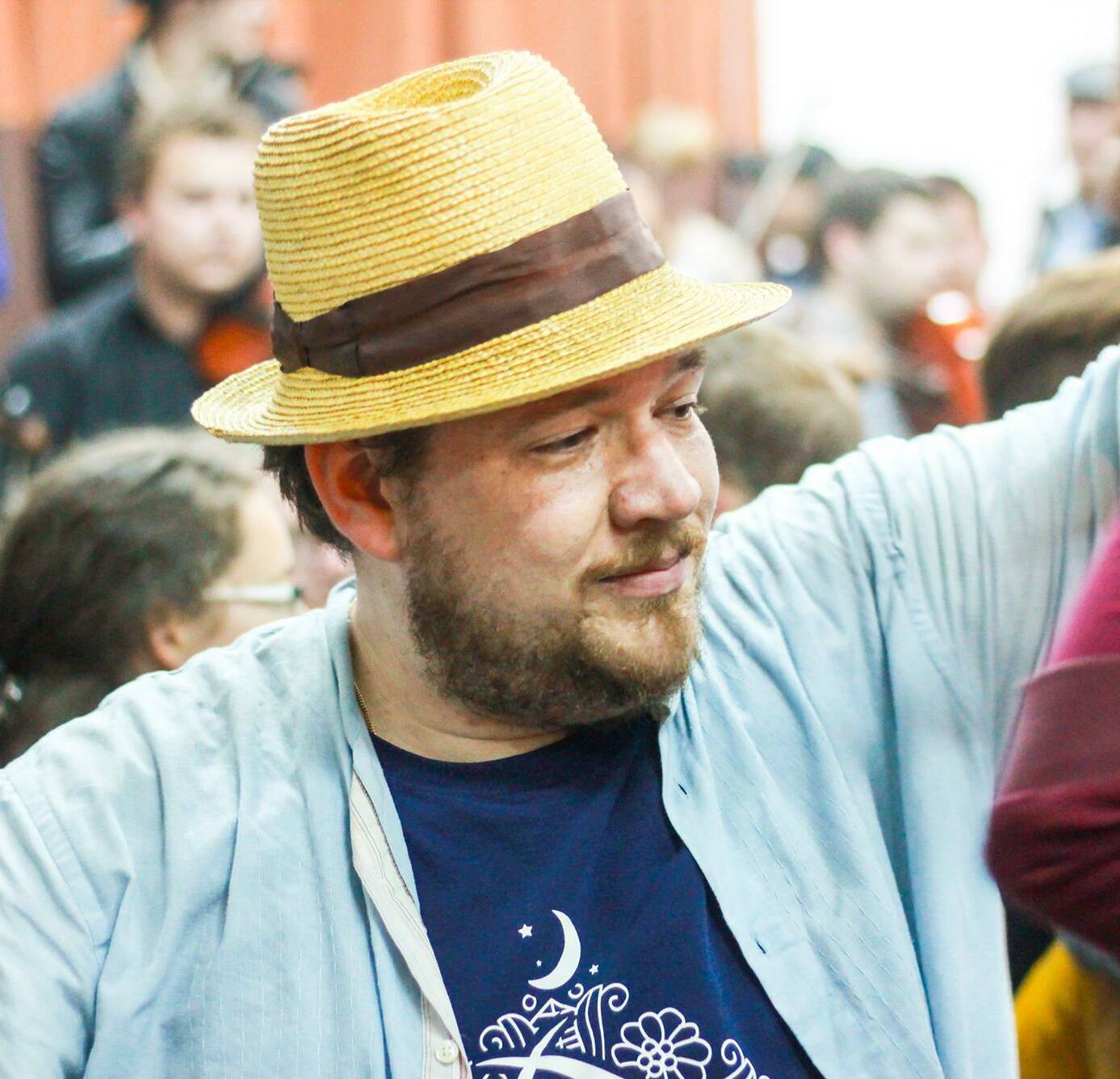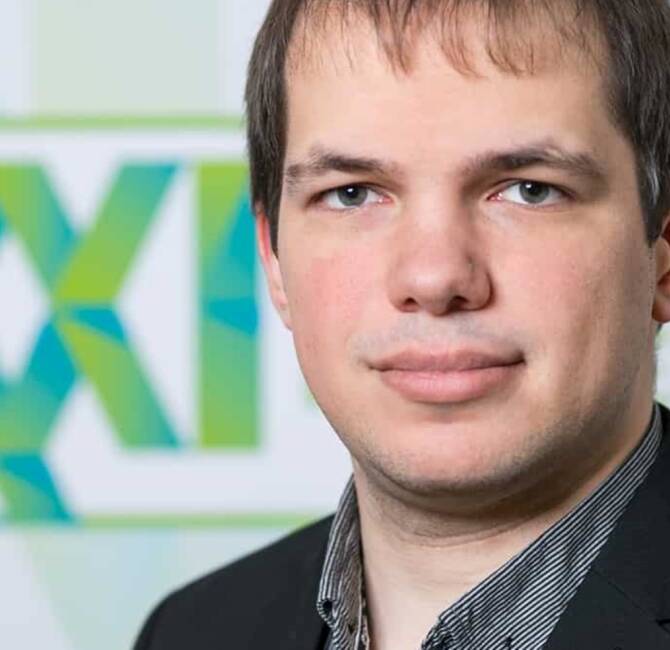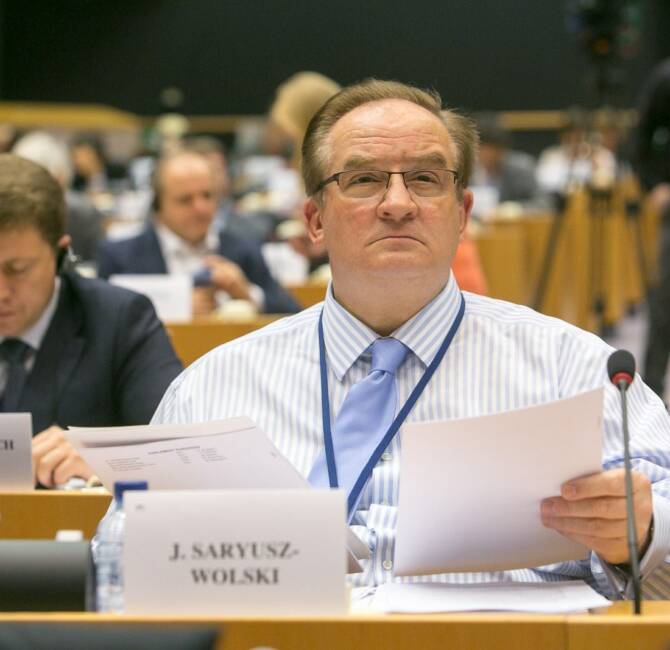Romania – Alexandru Petria, Romanian poet, prose writer and journalist : “Romania would have everything to gain by joining the Visegrád Group”.
Modeste Schwartz wrote to Alexandru Petria; the two authors are used to be provocative elements on the Romanian internet, and Petria has many followers in Romania; Modeste Schwartz related their discussions in this interview for the Visegrád Post.
Modeste Schwartz: To the best of my knowledge, your political career began in December 1989, when you took to the streets to overthrow the dictatorship of N. Ceauşescu: a revolution (we knew later) staged from the outside, but which still left a lot of bodies on the pavement. Ceauşescu was executed, but you have remained a revolutionary, and today, 27 years later, we find you again (virtually) „out on the street”: after many unjustified blockings of your account, you left Facebook, and began posting on vKontakte, as part of your risky opposition to a new totalitarian consensus. Can you tell us how it went?
Alexandru Petria: That’s right, I risked my life in 1989; I was 21 years old; I did it because the situation in Romania under Ceauşescu seemed to be hopeless. The standard of living was disastrous, we had no freedom of speech or free movement. As a writer and a man without many material needs, what hurt me the most was the lack of freedom of expression. And that’s what is starting to hurt me today, because that’s what’s happening on Facebook, where I’m censored for violating political correctness.
Under Ceauşescu, we dreamed of freedom, and now, alas, we must dream of freedom again, in the face of a European Union that violates human rights. As I have written elsewhere, as in George R. R. Martin’s famous novel Dying of the Light, in which a planet sinks into the abyss gradually losing its light, Romania and, to a certain extent, the whole of Europe, have embarked on a trajectory of self-destruction. I have no idea where there is still room to cultivate ideals and dreams. Or if they can save anything. The wave of migrants sweeping across our continent, added to the infinite regulation of everyday life, which seeks to legislate even on the length of cucumbers sold at the marketplace, show us an EU more and more similar to the USSR. In this EU, the Romanian’s role is mainly to change the diapers of the elderly, to work on construction sites and to absorb surplus production. We have become a country without a voice, powerless to defend our interests. It is impossible not to notice that the best of the native entrepreneurial class has been wiped out. How was it done? What were the dimensions and the quality of this class? That’s another debate. It is impossible not to notice that education has become an institutionalized shame, an aberrant diploma mill, where doctorates in various specialties have no idea how to write correctly in Romanian. And without education, the future is disabled. It is impossible not to notice that Romania has no political class, but an army of crooks and swindlers divided into parties without any plans for the country. It is impossible not to notice that the press is no longer a press, infiltrated as it is by undercover agents or by individuals who have no idea how to perform this job. And if we notice it, so what? Who has solutions? It would be necessary to pass the bulldozer through every yard, like a shabby house built on the plans of a foolish architect. But who will drive the bulldozer? I feel a pre-war atmosphere – and what would I give to be wrong! … The bureaucracy of the EU and the verbose dictates of Germany (which, let’s not forget, has already made the world’s misfortune twice!) are in the process of crashing the European project. And Romania is going extinct, with great complicity on the part of the Romanians themselves.
I think I have been explicit enough.
MS: Perhaps the most ironic part of the story is that in 1989 you risked your life in the name of an ideal of freedom that you identified more or less with the liberal political doctrine, and today you are in our camp, the “illiberal” camp. Did something happen to you – or to liberalism?
Alexandru Petria: This irony is the irony of history, made possible by the fact that the majority of the population consists of functional illiterates, brainwashed or uneducated people. Their memory is short, they forget the lessons of the past. And I’m not just talking about Romania: it’s a global problem. The neoliberalism of the moment has little to do with the liberalism in which I believed. I do not think I have changed sides or joined this or that camp, outside temporary alliances; I’m a dignitist, an ideology that I am trying to develop at this time. It is characterized by three main features: 1. The allowance of dignity, a state-guaranteed income for every citizen from birth to death, so that his freedom is not limited by basic needs. 2. Direct democracy by electronic voting, which leads to the dissolution of parliaments, as people no longer need intermediaries (MPs) to represent their interests. 3. State sovereignty as a non-negotiable principle.
Each state must have control of its banks, its arms industry, its pharmaceutical industry, energy and water supplies. I am a sovereigntist, not an ethnic nationalist. Dignitism advocates a thoughtful interdependence between state and private capital. With the accumulation of experience, I formed my own vision of the world.
MS: For those of our readers (outside of Romania) who are unfamiliar with you, let’s state that you are a veteran poet, but absolutely not an academic or “old-fashioned” one, author, in the years 2010, of a thunderous media comeback, the result of the decision you made (very daring in the Romanian cultural world of ten years ago) to post on Facebook your unpublished poems, thus evading the obsolete esotericism of poetic circles and limited editions. Namely, by publishing poems which, even today, many Romanian publishers would refuse because of the sexual themes approached in them, without periphrases, in the most direct style. It can be said, therefore, that while you are not a militant atheist, you are not a bible-thumper either. However, in today’s Romania, opposition to the LGBT program is mainly the result of overtly religious groups (either orthodox traditionalists or neo-Protestants), generally also characterized by a more modest way of life and a much more prudish discursive style. So could it be said that you represent an atypical form of opposition?
Alexandru Petria: As early as 1991-1992, I published two collections of poems which were favorably received by critics, but I did not return to literature until almost twenty years later, devoting myself in the meantime to journalism. As you said, I came back to the surface by posting my new poems on Facebook, at a time when such a gesture was scandalous. Then, I started publishing again in books and magazines. I was the first Romanian writer to do this, which at first attracted an avalanche of criticism, after which people got used to it and showed me a good deal of sympathy. A posteriori, I think I made the right choice.
I am not a bible-thumper, but a non-dogmatic believer, and a lover of women. I oppose the LGBT agenda because of my opposition to their marriage and the adoption of children by gay and lesbian couples. What they want is unnatural, and I cannot agree with something that goes against nature, with those standards of political correctness that LGBT cormorants flock behind. I do not think I’m isolated in this position, though most do not speak up out of fear. As I have already explained elsewhere, political correctness – perhaps launched with the best humanist intentions in the world – degenerated into a monster the moment it rose on the stage of global politics. It has emasculated entire communities, debilitized individuals, brought misfortune to many lives by its innumerable abuses. And all in the name of a self-proclaimed common good, which turned out to be a dead end, incompatible with human nature. The latter, in fact, is open to competition, encourages us to select. You are told that you are free, you feed your illusion of freedom. Whereas in reality, a gun is pointed at your head. And you are even asked to be happy to have it aimed at you, even to kiss it on the barrel.
The promised good has, in fact, become a regimentation, a standardization, a huge brainwashing machine. A manipulation operation intended to produce docile populations, incapable of revolt. And, as in any case of successful manipulation, those who are subject to it are not aware of being puppets, but have the impression of having discovered the radiant navel of democracy, the pralinized culmination of being.
Just as communism had nationalized the means of production and private property, the politically correct “nationalizes” human behavior, standardizes it, and is now on the point of creating a New Man. As in the old Communist dream, but on another level: not that of economic relations, but that of thought and human relations. A world where we must religiously listen to the rantings of morons, the craziest of the crazy, to show them consideration, to spoil them like children, lest they feel discriminated against based on the form in which they emerged from their mother’s womb. We can no longer raise the level, we must on the contrary reach down in respect to the idiots, and be delighted in doing so, all illuminated by a great truth. The idiot becomes the global standard, the ideal marathon runner for empires and multinationals, whose zen should not be disturbed any more, even by the fall of flowers and the flight of dragonflies. It’s an upside-down world, of a strident artificiality, fed by the media, with values in stand-by and subjected to the dictate of the abnormal. The fight against such a world has the importance of air and the urgency of breathing.
Nature itself discriminates, and it is impossible to oppose nature. As a hyper-realistic Transylvanian peasant proverb puts it: you can’t braid a whip out of a piece of shit. Political correctness is freedom held hostage by the marginals.
MS: For your part, how do you explain the lack of “secular” reactions to the aberrations of the LGBT agenda? By intimidation? By academic bribery? Or is there a deeper disease in the culture of Romanian intellectuals?
Alexandru Petria: It’s academic bribery, it’s naivety, it’s also the worst sort of opportunism, all against the backdrop of endemic servility. Opportunism is inscribed in the genes of the majority of Romanian intellectuals – a reality that is repugnant to me. Most of them betrayed their vocation and turned into vulgar propagandists.
MS: Censored on Facebook, you “migrated” (and caused the migration of many admirers) to the vKontakte social network based in Russia. I suspect that before 1989 you were among those listening to Radio Free Europe in secret. How far do you think this reversal of the history of Central Europe can go?
Alexandru Petria: Of course I was listening to Radio Free Europe. I wonder who did not listen to it. How far can it go? This path will lead to great social unrest, even a devastating war – fears I mentioned before. I do not see how we can avoid them, unfortunately. We must meditate on the words of St. Anthony the Great (251-356): “A time is coming when men will go mad, and when they see someone who is not mad, they will attack him, saying, ‘You are mad; you are not like us.’”
MS: In Hungary, for the last seven years, there has been a powerful reaction to the excesses of totalitarian liberalism (or at least, of the Western ideology that has monopolized this denomination). What do you think of the Visegrád group? Would you welcome Romania’s accession to this group?
Alexandru Petria: I have a favorable opinion of the Visegrád Group, they are countries that put their national interests first. And they are absolutely right to do so. I would like Romania to have leaders like those of Poland or Hungary, for example, who play the card of sovereignty, instead of kneeling before the world’s major powers.
Yes, Romania would have everything to gain by joining the Visegrád Group. Worst case scenario, she would at least receive a lesson in dignity.




